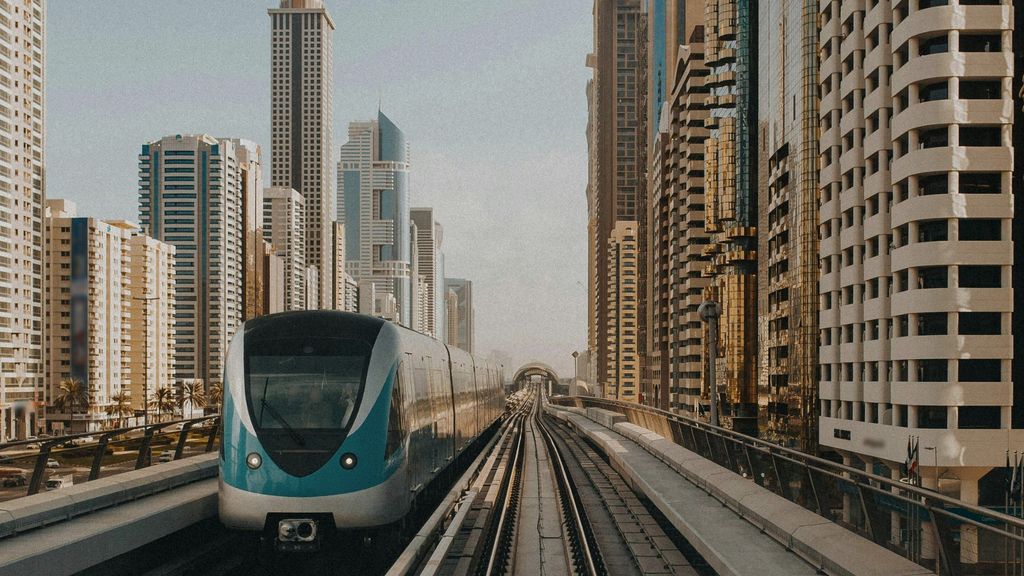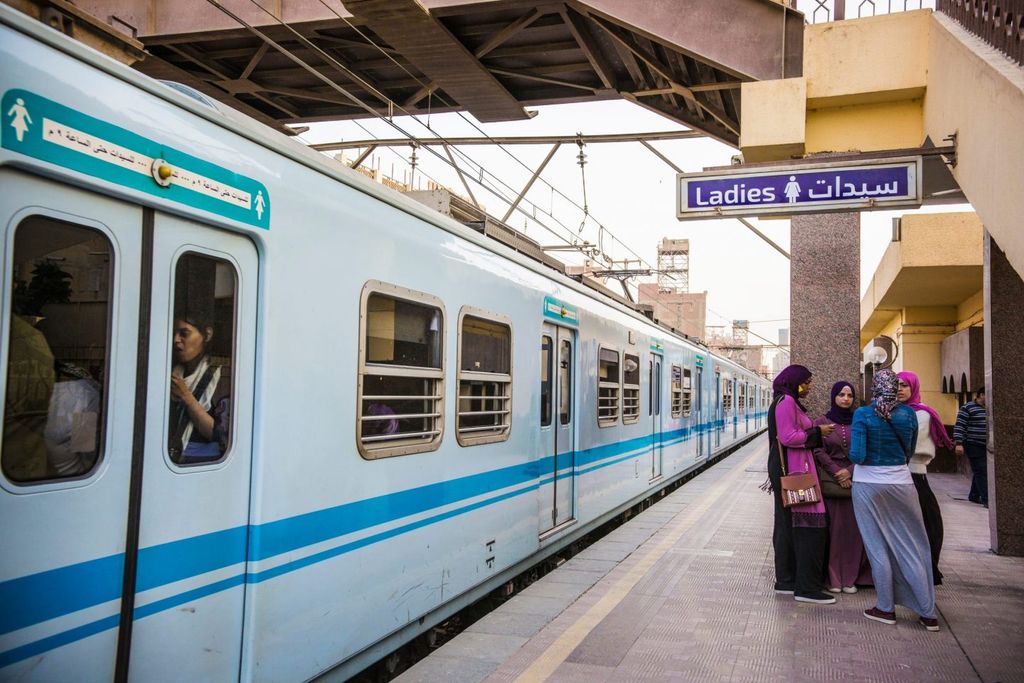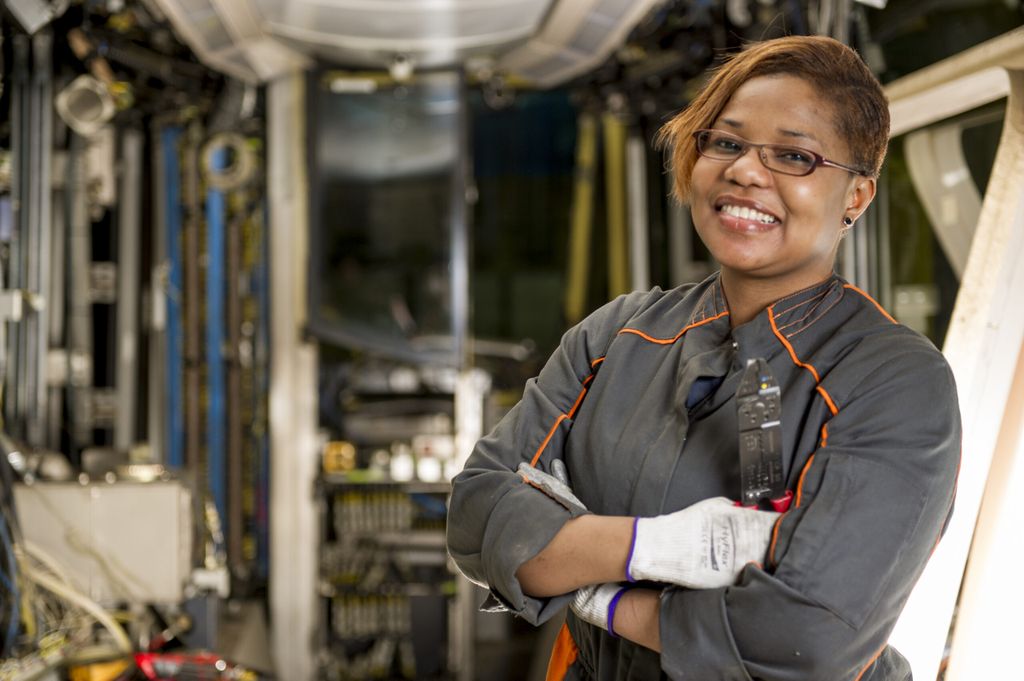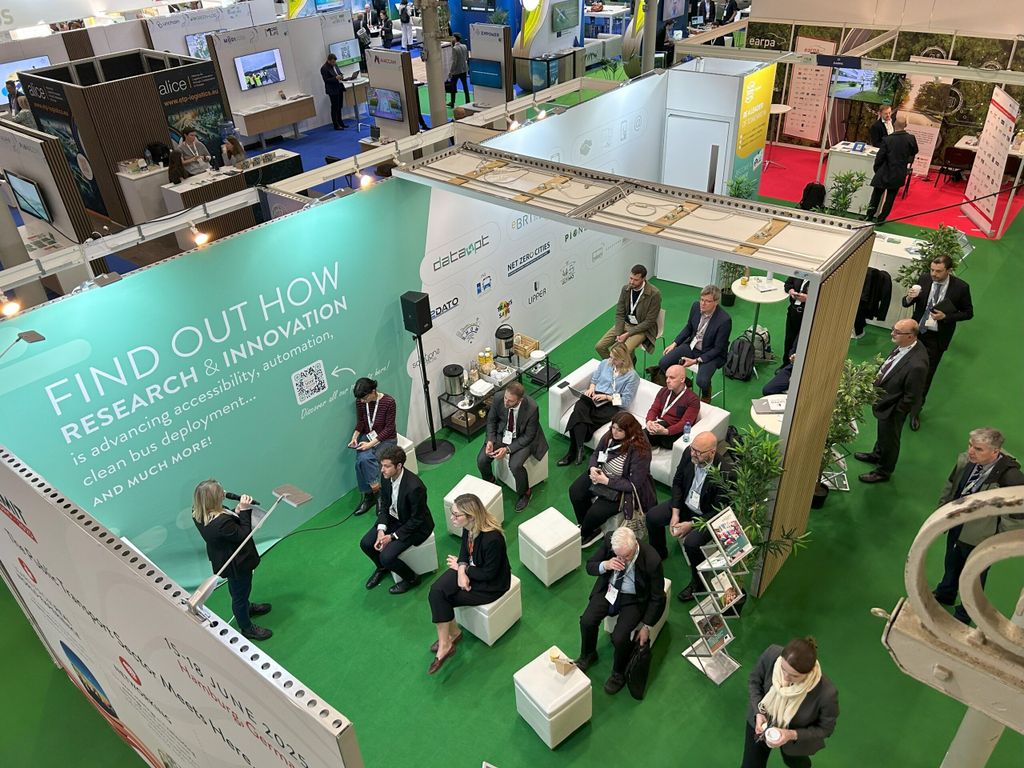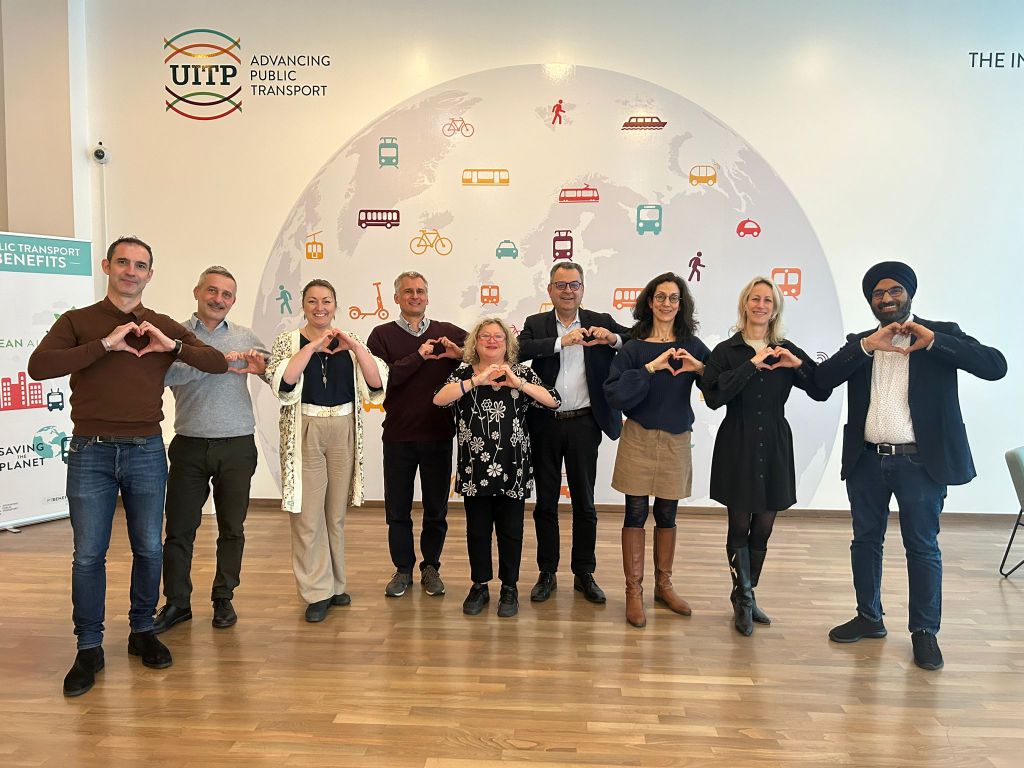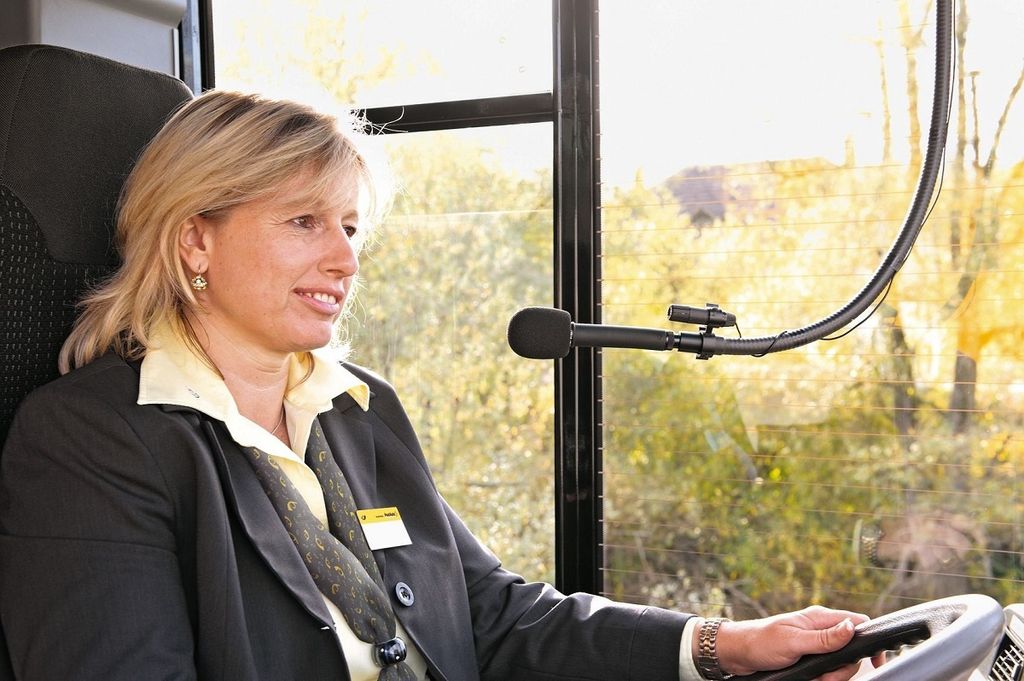
Getting everyone on board: new report explores the effects of clean bus transition on the workforce
To power the green transition
The use of clean, zero-emission transport is key to a sustainable transport system and a solution chosen by many cities to achieve their ambitious environmental goals, for example through the electrification of bus fleets.
And as the public transport sector is evolving, so are its people. While technological innovations are key for the journey towards more sustainable cities, we would not get far without personnel with the right skills and experience that empower them to get on board.
Because evolvement means change. From the procurement and maintenance to employment opportunities and the actual driving: there are many changes that go hand in hand with the transition to a cleaner bus fleet.
Public transport as a service
To investigate how the transition to clean buses affects the workforce, a study has been carried out in the framework of the Clean Bus Europe Platform (CBEP), the EU initiative looking at clean bus deployment from a holistic perspective, under the coordination of UITP.
By fostering dialogue with social partners, the CBEP wanted to engage operators, workers’ representatives and trade unions to better accompany the transformation process. In cooperation with the European Transport Workers Federation (ETF), the report looks at the following aspects of clean bus deployment:
- Effect on urban public bus transport: tendering, procurement and investment, operations, safety and infrastructure
- Impacts on local economies and employment from the perspective of bus producers
- Impact on employment, staff, skills and needs of employees as well as emerging jobs
- Impact on work environment, working time and health and safety
- The role of social dialogue in clean bus deployment and recommendations to smoothen the transition
“The public transport sector is a service sector, and we have to look at the human-resource side of any technological change,” says Brigitte Ollier, Senior Advisor on Social Affairs at UITP. “With any organisational change, people will logically have questions and even fears on working conditions, wages, or health and safety. It is the role of organisations to support staff to acquire the right skills, help them evolve and make them feel empowered in their work.”
Clean buses are part of a much broader and deeper change process in urban public transport towards smart and sustainable mobility. The report shows that social dialogue and workers’ participation provides clear added value for the identification of challenges and needs related to labour and working conditions. Having a say in the change process is also good for attractiveness of working and remaining in the sector.
Before a clean bus actually hits the road, many decisions have already been made regarding investments, energy supply or anticipating new safety measures.
Already the selection of the right clean bus tech requires many considerations, for example on available infrastructure, local conditions and economic feasibility. In the City of Amsterdam, transport operator GVB evaluated various technologies before procurement decisions on their decarbonisation strategy were taken. When it comes to energy supply, operators will have to secure access to the high-voltage grid, which can launch an administrative procedure that might take years.
One of the biggest changes the green transition will bring will be on employment, skills and staff needs.
The labour shortage that is currently challenging the sector will only increase: according to BVG in Berlin, the number of passengers in local public transport must be approximately doubled by 2030 to reach climate targets, meaning a significant rise in the number of employees due to more vehicles, and modernisation of the network, new depots, etc.
Brigitte Ollier: “Certainly with the current labour-shortage crisis, retaining staff is more important than ever. It is essential to engage with staff at an early stage, provide full transparency and really listen to their worries and suggestions. They are the people in the field, so you need them on board.”
And with new tech, come new skills. Training and the acquisition of new skills and knowledge is required in all domains of bus transport. Already new specialised positions such as charging staff and technicians have been created at depots, while in other cases, former bus drivers have been re-engaged to drive empty buses to and from depots for charging.
When unions and management work together to implement the rollout of clean buses, bus drivers have embraced change and are a fundamental part of the solution to cutting carbon emission and improving quality of life in our urban areas.
Last but certainly not least: what does the transition mean for workers? How do they experience the change in their everyday work?
Interviews were carried out with bus drivers from Sweden, the UK and Spain, and according to their experience, driving a zero-emissions bus is a positive experience overall, yet some issues related to for example ergonomics (adjusting steering wheels) and driver friendliness of dashboards were mentioned.
However, these issues are not really related to any technology, but generally to the growing diversity of bus types. “What we see is that, when you facilitate staff to feel equipped and empowered to use this new technology, they feel proud to drive clean vehicles”, Ollier concludes.
They say that no one likes change, and while the report proves otherwise, interviewees did stress their concerns about the digital and automation transformation that goes hand in hand with the green transition. Both are triggering a larger transformation process that is characterised by opportunities and risks for the workplace environment: the fast process of automated driving, the emergence of new modes of mobility services such as on-demand mini-buses or taxis managed via online platforms.
exclusive resources

